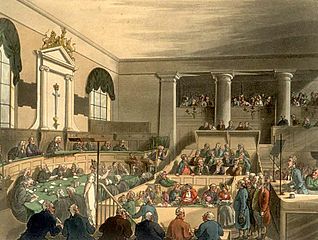Customer Segmentation Gone Wrong
Thursday, December 11, 2014
Those familiar with my writing know that I'm a big fan of customer segmentation (and using different pricing strategies for different types of customers). It's great when it works! There's just one problem - it doesn't always work. As a pricing strategy becomes more complex, the opportunities for customers to exploit the system increase.
Case in point: a recent news story about United Airlines. It is suing a company called Skiplagged. Its offence? Helping customers defeat United's segmentation methodology.

United Airlines offers many routes between locations. Sometimes there are direct flights. Often a flight between two cities requires a layover in a third. The site Skiplagged allows folks to find routes that start at their current locations and have a layover at the passengers' actual destinations before continuing on elsewhere. Why would this be useful? Sometimes these two leg flights are significantly cheaper than the first leg alone. Whereas a person flying from Miami to San Francisco might be willing to pay quite a bit, folks flying from Miami to Eugene, Oregon with a stopover in San Francisco would be willing to pay far less.
Although Skiplagged service does not appear to break any criminal laws, a civil lawsuit argues that the company is interfering with United's normal operations. While I am completely unqualified to speak to the legal reasoning behind this lawsuit, from an economic standpoint, it's completely idiotic for three main reasons.
- The Streisand Effect - Named after Barbra Streisand, it refers to her efforts in 2003 to prevent pictures of her home from being published by the press. The more she pushed to prevent the pictures from being seen, the more interest there was in what she was hiding. Even now, more than a decade later, people allude to the event in public discourse, academic journals and marketing white papers. By taking the smaller firm to court, United will be paying to advertise the existence of the very company that it is attempting to quash.
- Even if United is successful in its attempts to shutter the defendant's business operations, it will have trained its customers to look for such deals in the future. Even those who had never imagined that such deals existed will know to look for ways to game the system.
- It will damage the reputation of the airline. Most American airlines are reviled as being anti-consumer. This suit will only serve to reinforce this view, possibly pushing consumers to its competitors.
If companies does not want consumers to take advantage of their pricing models, they should hire experts to craft superior pricing strategies. Dare I suggest the TapRun? Taking folks to court will serve no purpose other than keeping the lawyers well fed.
If you want to learn how to price software effectively, make sure to grab a copy of my book. If you need help right now, I'm available for pricing consultations.